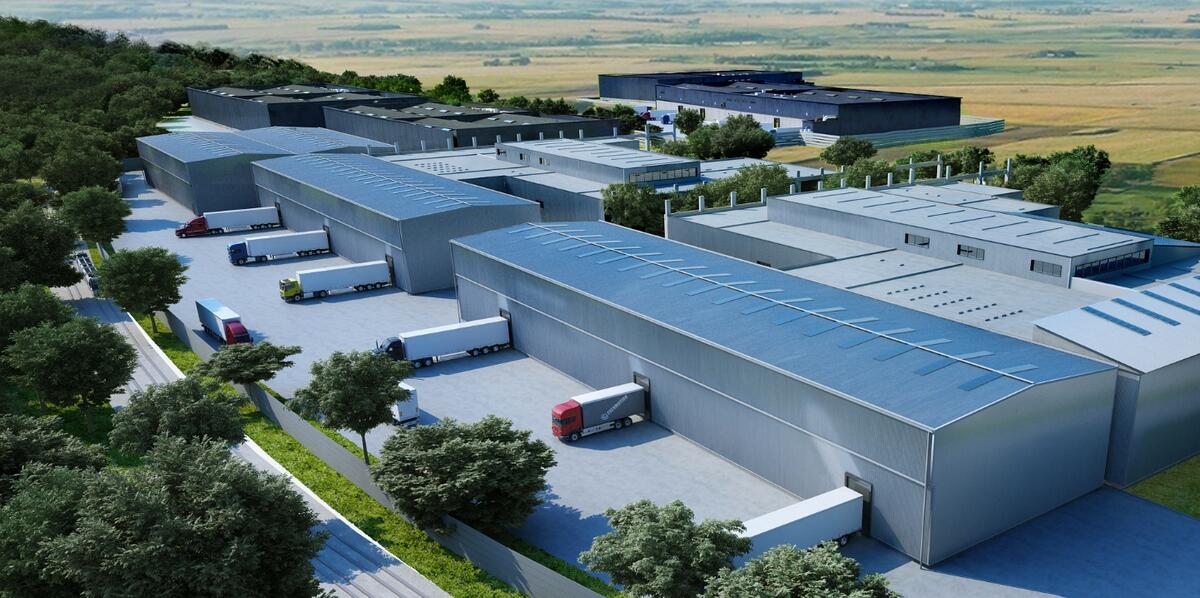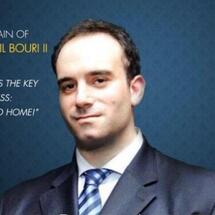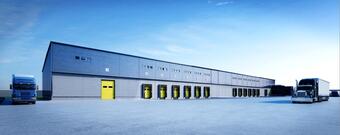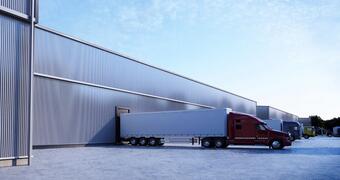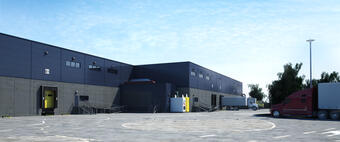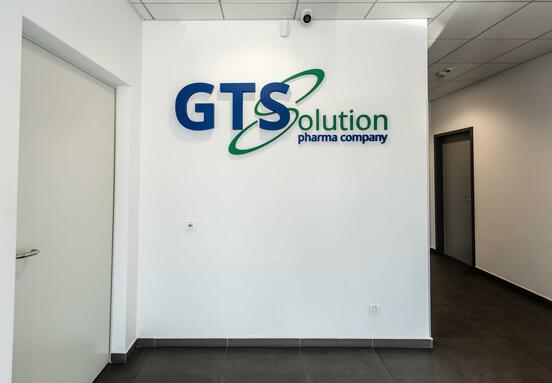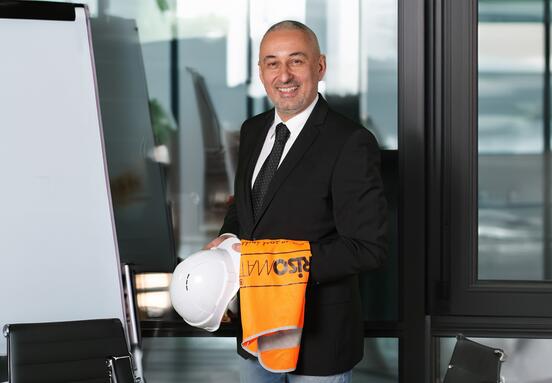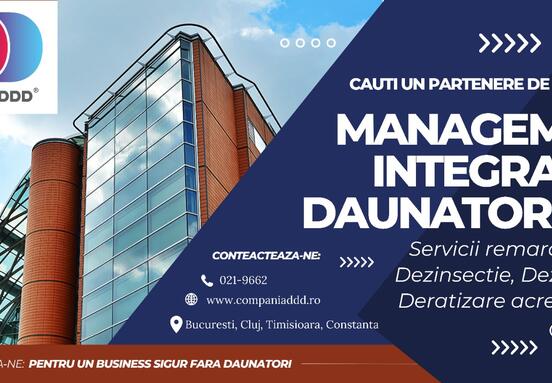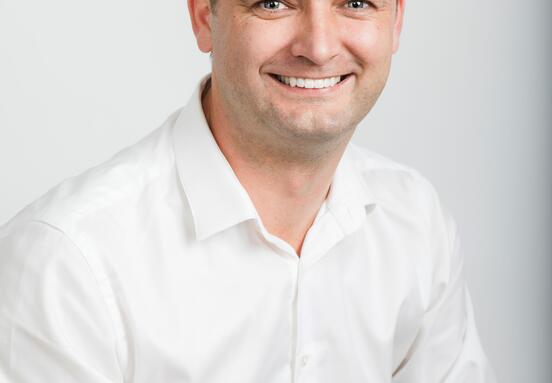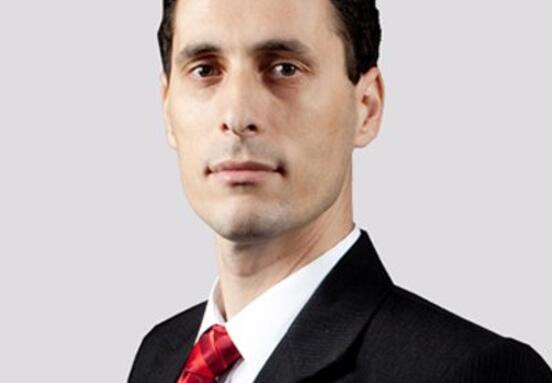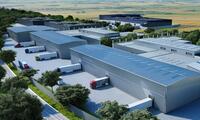We have asked Mr. Bouri about his company’s evolution and plans, as well about the specific market current conditions and future opportunities.
How and when did your business start in Romania, how was it influenced by the property market at that particular time?
Our group has been present in Romania since the mid-90’s, after having privatized various construction companies. Our main focus was on mining and construction materials and not real estate in Romania, despite having a large portfolio of industrial properties. In 2007, after having sold our main activity to Anglo-American, we decided to invest and focus our efforts on developing some of these properties which we believed were valuable due to their size and location and that we could deliver a competitive product and conditions that the market needed.
What are challenges of an industrial developer on the current Romanian market?
The main challenge is providing a final product that can comply with various types of clients needs and requirements, especially when the project is not a BTS building. Most contracts are for 3-5 years, a period after which there is a chance that the tenant might relocate, thus your warehouse must be designed to fit another company and its activity’s requirements, without having to make a large additional investment on your asset.
Another challenge we face is that many tenants are not thinking about relocating in advance; and thus they require space within a 3-6 months period, which is not enough time for any developer to modify or build the warehouse to the clients’ specifications within the necessary timeframe.
Our biggest concern at the time was to see if the location would attract tenants, and despite what many experts and agents told us at the time, once we started construction we were able to rent 100% of phase I upon completion to a multi-national at the market price, demonstrating to the market that the SW part of the ring road was in demand and that with the right product, clients would relocate to there.
What makes you different from your competitors? What are your strongest values and services?
We are able and focus on providing BTS solutions to clients at very competitive prices and conditions. We are a vertically integrated company and thus control the project from beginning to end – our design and engineering team, our construction materials (if client approves), our lands, our management and construction team, which in turn allows us to control the cost of the project and thus in return offer clients very competitive prices and conditions. We are flexible, our decision making process is rapid; we can meet all the specifications/quality requirements a client needs and thus offer a deal reflecting it. Our plan is to grow with our clients.
What is your most successful project in Romania? How did you manage to make it successful?
In Romania, we focused to date on the NGB Distribution Center, whose Phase I was delivered to the market in 2011 and fully let. As the industrial market slowed down, we focused our efforts on our main activity (mining and aggregates). In 2014, we decided to develop Phase II of the project and offer the Bucharest market another 18,000mp of warehouse space, out of which 6,000 sq. m are already completed and target small to medium size clients.
How would you describe your company in relevant figures?
We own over 1 million sq. m of industrial/commercial/residential property in Romania – though our main focus is in the industrial sector for real estate. We aim to develop +70,000 sq. m of BTS warehouses in the Bucharest area within the next 3 years, with 18,000 sq. m already in development.
We are planning to develop two new distribution centres; both projects are in the west of Romania, the planning phase is ongoing and they will include a TBA of 150,000 sq. m of new industrial warehouses.
Could you make a profile of your clients? What are your most important partners?
To date, NGB has clients from the construction materials industry, agriculture industry, medical industry and auto Industry. Most of our tenants are leaders within their respective industries.
What is trending in the warehouse and industrial property market at the moment in your opinion, both locally and internationally?
We are receiving a lot of requests from the agricultural industry for cold/frozen storage, most of them looking for smaller units of 500-1000 sq. m of warehouses. In my opinion, the auto industry and the agricultural industry are the most important two sectors at this time.
How does Romania compare to the other countries in the region for a developer?
Romania plays a strategic role in the logistics and industrial sector. The area is considered safe and within the EU. Through its routes, Romania via Constanta connects Eurasia to Europe, while Timisoara and other major cities connect it to Western Europe. Labour costs and taxes are lower than in other neighbouring countries. Land is still considered relatively cheaper and a lot of it is available for partnerships or acquisition. Local authorities are supportive. Cost of construction is stable and allows developers to deliver high quality standards and see positive returns. The market, in our opinion, has room to grow and develop, especially after the state develops its infrastructure and highway systems as planned.
What are the most appealing features of a logistics project for a tenant? What are the main decisions factors when selecting a certain developer and project?
In our experience, tenants are still focused on cost and quality. Quality means that the location will comply with all necessary internal (company) and external needs and regulations. Location of the project is also very important. Cost of transportation plays a role for our tenants, as well as available work force in the area.
How do you find the relationship between landlord and tenant in Romania?
To date, we have strong and positive relationships with our tenants. Communication is constant and friendly. Our clients are considered leaders in their fields and have been very correct to us – their landlord - in all aspects. Due to our ability to be flexible and our willingness to support our clients short and long term visions and plans, we have created trustful relationships.
What do you think about green developments compared to the standard building developments? Is your business green oriented?
Green developments are the future of Industrial projects provided that suppliers in Romania can deliver a competitive product to the market. Romania is still new to the idea and benefits of developing green, despite strong attempts to promote it.
I am confident that developers will shift their focus on finding solutions for their asset and for the clients. Our group is currently studying Green solutions for our upcoming projects, and it’s clear that though it will require additional investments, there will be strong and long term benefits to the developer, thus they will be able to provide better conditions to the tenants.
How would you evaluate 2014 in terms of your business?
For our real estate division; NGB saw a stable and positive year. We decided in 2014 to continue investing in Romania’s industrial sector, while we have one small residential project coming in the northern part of Bucharest.
What is your next warehouse project on the market?
We are focused on our two projects in Bucharest, PL and NGB Distribution Center (70,000sqm). We are in the planning phases for another two projects (TBA 150,000sqm) and we are also planning a large industrial project of +50,000 sq. m (phase I) in Belgrade, Serbia.
What are your predictions for the industrial market in Romania on medium and long term?
Romania plays a key role in Europe and is one of the main cross points connecting Asia to Western Europe via the Constanta port. Many factors demonstrate that there is room for growth in the industrial market. Due to the recent crisis in Ukraine and Greece, many service providers and production companies have relocated or are looking to relocate to Romania and use it as a FOB.
The auto industry, from large production companies to their service providers, is looking to Romania as part of their strategy for Europe and exports. Romania is the second most fertile country in Europe after France, and with the growth and development of the agriculture sector, I am confident that we will see a rise in demand of industrial requirements as well. As demand is increasing, we have seen various development companies shift their focus to the industrial sector with hopes of fulfilling this growing demand. Various industrial projects have been announced or commenced. Therefore I see that developers will meet or exceed the requirements of the market in the next 3 years.
